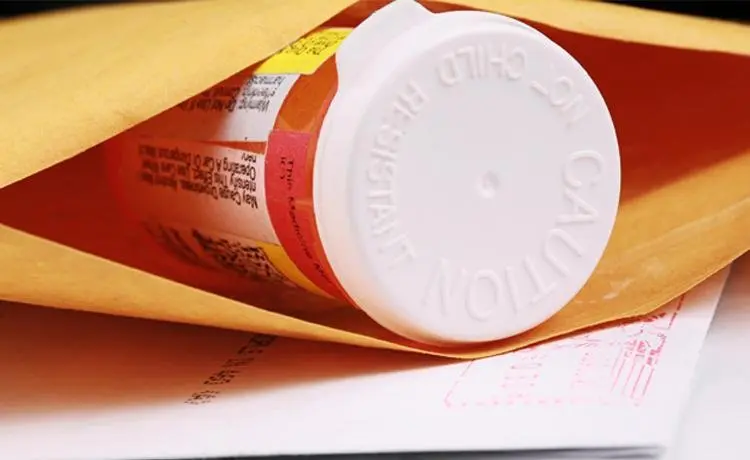Opioid addiction is a very scary reality in America. Did you know that, every day, more than 115 Americans die from opioid overdose? That’s about 800 people a week, 24,000 a month, and an alarming 288,000 a year. While teaching opioid addiction prevention is the key to reducing these numbers, it’s also vital that citizens know how to help someone who is abusing opioids.
Explaining Drugs and Opioid Addiction
What are opioids?
Opioids are a type of drug that include strong prescription pain relievers, such as oxycodone, hydrocodone, fentanyl and tramadol, and the illegal drug heroin. Opioids can cause side effects such as drowsiness, mental fog, nausea and constipation. They can also lead to overdose (see below).What are the dangers of using opioids?
The risks of using opioids are dependence and addiction.One of the side effects of opioid addiction or abuse is overdose – which can lead to death. Learn the symptoms of overdose below so you can get the person help right away:Dependence means feeling withdrawal symptoms when not taking the drug. Addiction is a chronic brain disease that causes a person to compulsively seek out drugs.
What are the signs of opioid addiction?
The following are some of the common signs of opioid abuse a person might exhibit: Behavioral- Making appointments for multiple doctors to receive different prescriptions
- Isolating themselves from friends or family
- Stealing medications from others
- Noticeable changes in personal appearance (weight loss, hygiene changes)
- Scabs, sores or puncture wounds (IV drug use)
- Frequent digestive problems, such as vomiting or diarrhea
- Slowed thinking
- Impaired judgment and problem-solving
- Difficulty concentrating
- Mood swings
- Sudden outbursts
- Depression
- Paranoia
How can I help someone with an opioid addiction?
This can be tricky – especially if the person is in denial about their drug addiction. The first step is approaching your friend or loved one with your concerns. Avoid blaming them and focus on how much you care about them. Express that you're on their side, but make it clear you won't be enabling their drug abuse and that you’d like to help them get treatment. Your loved one will probably get angry and defensive, but stand your ground.An intervention might also be a good method for encouraging your loved one to seek help. Learn more about how to stage an effective, well-planned intervention on DrugAbuse.com. For more information, browse the QuickSeries® library of guides, including Drug Awareness: Know the Dangers and Freedom from Alcohol.You can prepare for this meeting by having clear examples of ways their drug use has caused problems. Bring notes with you so you can stay focused and avoid getting into a heated argument.
